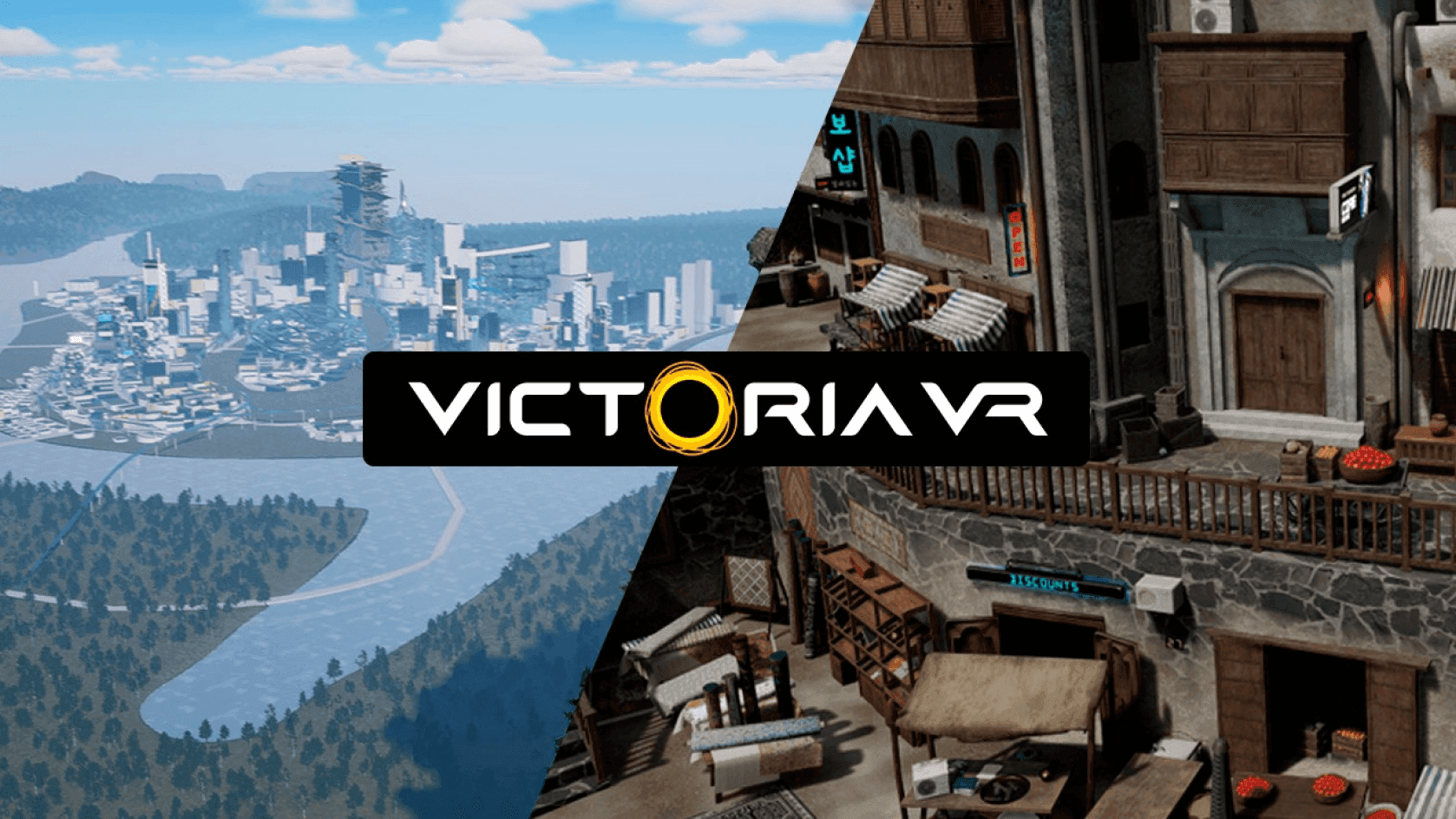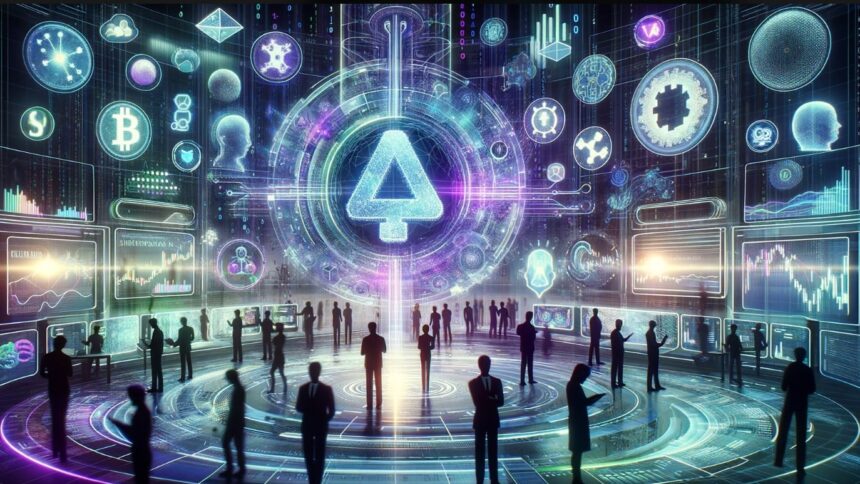Virtual reality (VR) developer Victoria VR has announced its integration with the creator of the popular artificial intelligence tool ChatGPT, AI giant OpenAI. According to Victoria VR CEO and co-founder Adam Bém, the new application will allow users to experience their first AI integration through the AI builder platform, which enables the enhancement of virtual reality experiences via Victoria VR’s artificial intelligence algorithms.
A Noteworthy Partnership from Two Major Companies
Victoria VR‘s AI creator allows users to design their own 3D virtual reality experiences, games, and applications without needing programming knowledge. The OpenAI integration will enable the creation of various new content, from in-game elements and virtual accessories to metaverse platforms. Players will be able to use ChatGPT’s AI commands to create these experiences. User-generated content in Victoria VR will be offered as NFTs, making the content tradable.
Although AI and VR are currently some of the trendiest technologies, both have significant limitations. Despite VR experiences still being in the early stages, the hardware costs are steep. Meta’s recently launched Quest 3 is priced at $499 for the 128 GB base version and $649 for the 512 GB version.
Victoria VR also plans to integrate other AI technologies such as DALL-E, Midjourney, and Stable Diffusion. Victoria VR is currently available on Apple Vision Pro and Oculus Quest 3. The platform benefits from Unreal Engine 5, one of the most popular game engines, with over 7.5 million active developers.

Insightful Statements from a Prominent Figure
According to statements made by Bém, with the current pace of progress, artificial intelligence will become the primary driving force behind virtual reality development within the next five years:
“Artificial intelligence is currently enabling the creation of sophisticated texts, codes, and images and is on the verge of transforming video production and 3D object creation. With the pace of AI technology’s advancement, it is predicted that in the next five years, AI will primarily facilitate the development of virtual realities, relegating traditional roles such as VR developers, 3D modelers, and coders to the background.”
The field of artificial intelligence is already creating new possibilities for gaming, including endless narratives generated by AI and more interactive non-player characters (NPCs) with more realistic responses.

 Türkçe
Türkçe Español
Español









